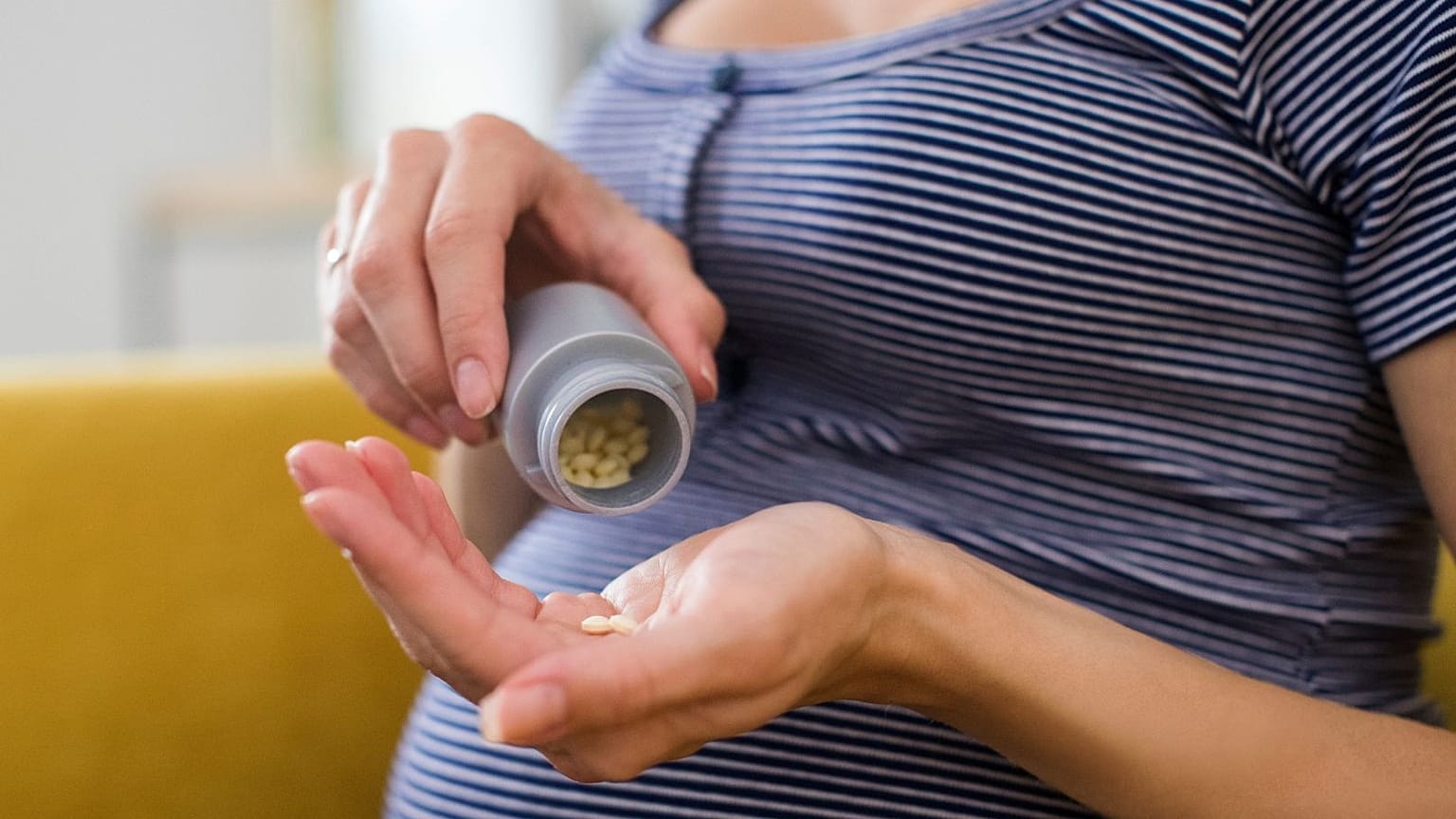Top Stories
Major Review Confirms No Link Between Paracetamol and Autism

BREAKING: A significant new review has just confirmed that there is no credible link between paracetamol use during pregnancy and the diagnosis of autism or ADHD in children. This vital finding comes amidst a heated debate following former U.S. President Donald Trump‘s claims in September, urging pregnant women to avoid the common painkiller.
Published in The BMJ on Monday, the review analyzed nine systematic studies on the subject, revealing that prior claims of a connection lack robust scientific backing. Researchers from leading institutions across the United Kingdom, Australia, and Spain undertook this comprehensive review in direct response to growing concerns about the safety of paracetamol during pregnancy.
The review’s lead author, Shakila Thangaratinam, a professor of women’s health at the University of Liverpool, stated, “We wanted to do a review of all the reviews in the space to make sense of what the evidence is so far.” She emphasized the importance of interpreting the totality of evidence to assist healthcare providers in conveying accurate information to mothers and families.
Despite previous claims from nine other reviews suggesting a potential link between paracetamol and neurodevelopmental disorders, the BMJ review found that many of these studies did not adequately adjust for key health and lifestyle factors. This lack of rigor has led researchers to conclude that confidence in these findings is “low to critically low.”
Researchers pointed out that genetic and environmental factors, rather than paracetamol use, may significantly contribute to the risk of autism and ADHD. In studies that accounted for these variables, the alleged association between paracetamol and these conditions vanished or decreased substantially.
Paracetamol, known as acetaminophen in the United States and sold under the brand name Tylenol, is one of the few over-the-counter medications deemed safe for pregnant women to alleviate pain and fever. Following Trump’s controversial remarks, the FDA recommended changes to paracetamol packaging to include warnings about potential risks related to neurological conditions.
The BMJ review advocates for more high-quality research to better understand how the timing and duration of paracetamol exposure during pregnancy may affect fetal development. Thangaratinam cautioned against making health policy decisions based on inconclusive evidence, highlighting a concerning gap in women’s health research.
“There is a sex and gender gap in science,” she noted, stressing the need for prioritization and investment in the health of women, especially during pregnancy.
This critical review comes as a relief to many in the scientific community and pregnant women alike, providing clarity in a time of uncertainty. As the debate continues, the call for more rigorous studies underscores the importance of ensuring that health decisions are based on solid, evidence-based conclusions.
Stay tuned for more updates as this story develops.
-

 Top Stories2 months ago
Top Stories2 months agoTributes Surge for 9-Year-Old Leon Briody After Cancer Battle
-

 Entertainment4 months ago
Entertainment4 months agoAimee Osbourne Joins Family for Emotional Tribute to Ozzy
-

 Politics4 months ago
Politics4 months agoDanny Healy-Rae Considers Complaint After Altercation with Garda
-

 Top Stories3 months ago
Top Stories3 months agoIreland Enjoys Summer Heat as Hurricane Erin Approaches Atlantic
-

 World4 months ago
World4 months agoHawaii Commemorates 80 Years Since Hiroshima Bombing with Ceremony
-

 Top Stories2 months ago
Top Stories2 months agoNewcastle West Woman Patricia Foley Found Safe After Urgent Search
-

 Top Stories4 months ago
Top Stories4 months agoFianna Fáil TDs Urgently Consider Maire Geoghegan-Quinn for Presidency
-

 World4 months ago
World4 months agoGaza Aid Distribution Tragedy: 20 Killed Amid Ongoing Violence
-

 World4 months ago
World4 months agoCouple Convicted of Murdering Two-Year-Old Grandson in Wales
-

 World4 months ago
World4 months agoAristocrat Constance Marten and Partner Convicted of Infant Murder
-

 Top Stories3 months ago
Top Stories3 months agoClimbing Errigal: A Must-Do Summer Adventure in Donegal
-

 Top Stories3 months ago
Top Stories3 months agoHike Donegal’s Errigal Mountain NOW for Unforgettable Summer Views









